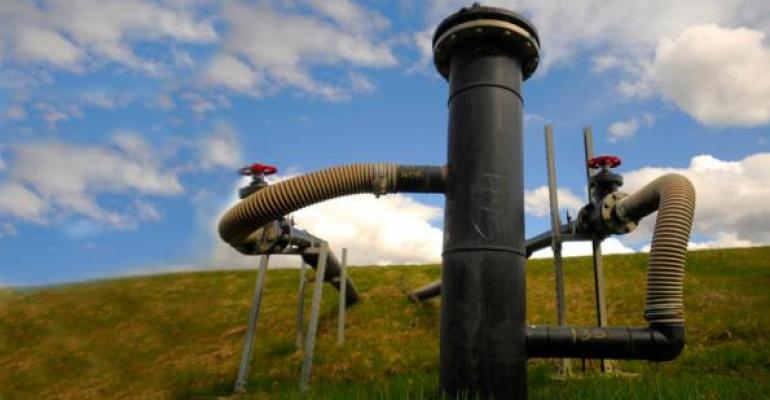AGENCIES
Hassan Raza says his clean fuel company, which captures natural gas “flared” at Pakistan’s oil fields and sells it to industrial customers, is struggling to expand despite energy shortages and concerns over the country’s poor pollution record.
EGas Pvt. Ltd has a number of high-profile clients, some of whom turned to the small firm during the worst shortages in 2010 and 2011, but Raza says the government should be doing more to encourage environmentally friendly technology.
“A high cost penalty on emitted carbon is the only way this type of business can grow; otherwise what incentive would companies have to stop flaring?” Raza told Reuters at the EGas compression plant in Pakistan’s central Chakwal district.
“You penalise them and they will be forced to clean up their act. And that’s where we come in.”
A spokesman at the Pakistan Environmental Protection Agency said flaring occurred, but that measures were being taken to control it.
“We are in touch with all stakeholders and are seeking their compliance as per international standards,” he said.
Chronic power shortages severely dented Pakistan’s economy earlier in the decade, and industry turned to burning wood, rubber, and even used shoes to keep its furnaces, boilers and generators running.
Those pressures have eased considerably, with rising volumes of imported liquefied natural gas (LNG) and heavy investment in pipelines and port terminals. There are plans to have five LNG terminals operational by the start of 2019.
Compared to state-led investment in LNG, Raza operates at the margins, but sees potential for growth in a country that generates only two-thirds of its energy needs.
Despite being around for seven years, and employing about 100 people, EGas only captures 3 million cubic feet per day (MMcfd) of the estimated 150 MMcfd of gas that Pakistan flares, or burns, daily.
“I’m only utilising a tiny portion of the gas that is being wasted around the country,” Raza said.
Expansion is not cheap. EGas started out with one truck in 2010 and now has 25, each fitted with a network of cylinders inside to store and transport highly pressurised gas. The largest of the trucks costs $1 million apiece.
The company has also had to lay down an expensive network of pipelines that take the captured gas from the oil wells to the company’s hydration and compression plants.
While Raza wants more support from Pakistan, some of his clients turned to the company because of concern about pressure from foreign regulators and businesses.
Kohinoor Textile Mills, one of Pakistan’s largest exporters which sells bed linen to major foreign brands, chose EGas in 2011 partly because of its green credentials.
To keep its plants running during the height of energy shortages, it was burning huge piles of wood and coal each day.
“Foreign regulators and clients come and if you are burning away rubber and diesel and wood, it doesn’t look good to them,” said Usman Zafar, Kohinoor’s general manager for processing.
“Harming the environment is almost as big a no-no now as child labour. So we had to find new ways to keep running.”
Another major client is Murree Brewery that started sourcing gas from EGas in 2015.
“We wanted to find something better than furnace oil, or burning wood, something that caused less pollution,” said Mohammad Javaid, the brewery’s general manager.

